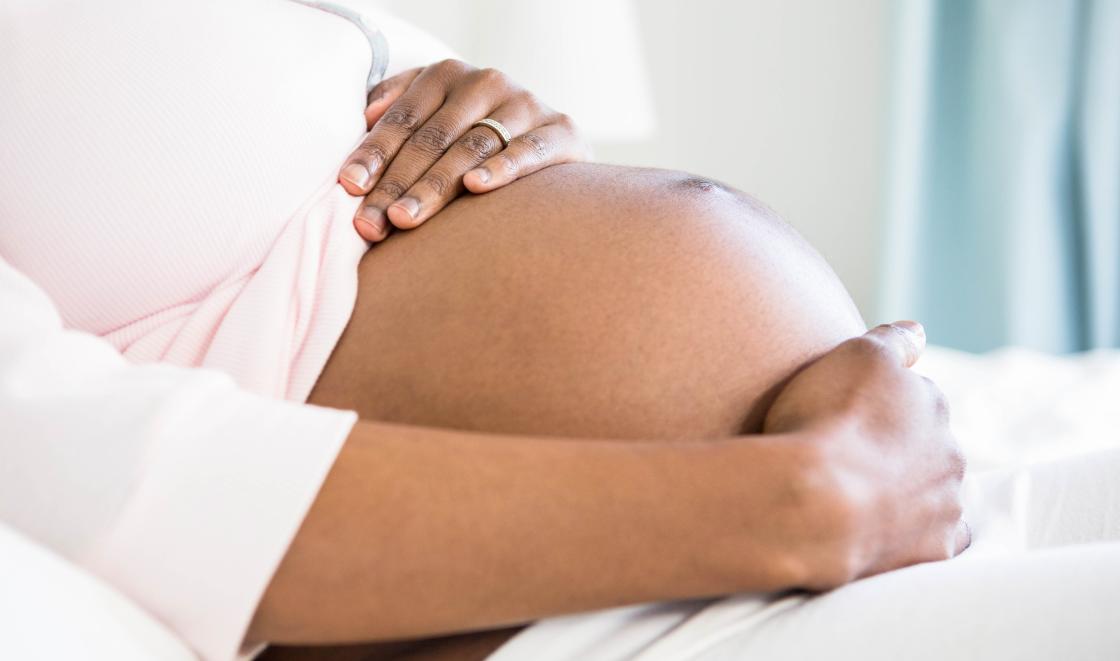In the last decade, rates of infants and babies with child protection agency involvement have increased in the UK and many other high-income countries. The UK Office of National Statistics reported that in 2023 in England almost 8,000 unborn babies and 21,000 infants under the age of one were considered by children’s social services to be at risk of harm and required some level of intervention. Disparities in child protection referrals as well as maternal and child health outcomes have been widely evidenced, yet no previous research has investigated contact with children’s social services during pregnancy using linked maternity and mental health records in England.
The research team analysed linked electronic health records from maternity and mental health services in South London (eLIXIR-BiSL cohort). The study looked at 36,322 pregnancy records and found 2,206 pregnancies had children’s social services involvement. The research found that this was more often among women who were unemployed, single, living in deprivation, and from Black or mixed ethnic groups. In addition, their pregnancies more often had medical, obstetric and mental health complications.
The researchers also investigated the potential reasons for children’s social services contact in pregnancy. They found that women more likely to be referred if they had any history of previous contact with children’s social services. For example:
- Women who had had a previous child adopted or removed were 15 times more likely to be in contact with children’s social services than those without history.
- Women who had been in state care themselves as a child were 17 times more likely to be in contact during their pregnancy, than women who grew up with their parents.
In contrast, for nearly half of the pregnancies with children’s social services contact, the researchers could not identify any referral reasons. This was particularly the case among young, single women, who were unemployed, living in deprived areas, and of Black and mixed ethnic backgrounds.
